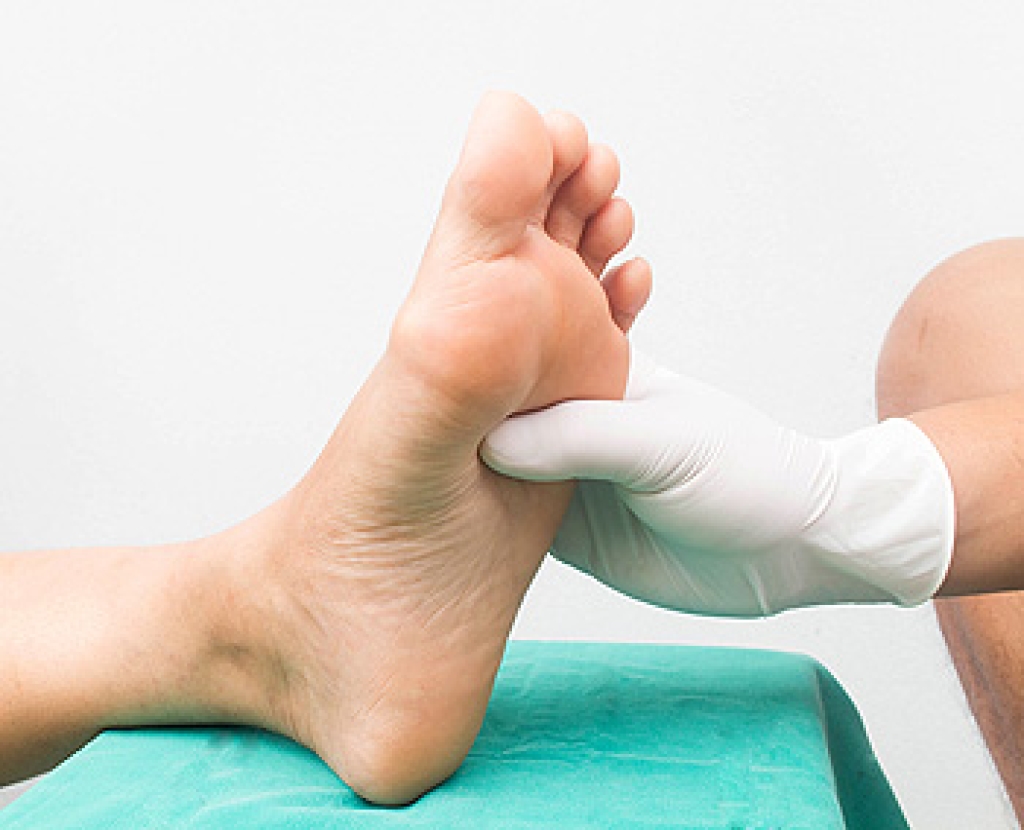
Gout is a painful type of arthritis that commonly affects the feet, most often the big toe. It can cause intense swelling, redness, and tenderness. Studies suggest that gout and kidney disease are closely linked, as both involve high levels of uric acid in the body. When kidney function declines, uric acid may not be removed efficiently. This allows crystals to build up in the joints of the feet and ankles, leading to excruciating flare-ups. Recurrent gout attacks may also increase the likelihood of kidney complications over time. Shared risk factors like high blood pressure, diabetes, and obesity can raise the chances of developing both conditions. A podiatrist can conduct tests to see whether foot pain is caused by gout. Treatment can help to manage joint damage, decrease discomfort, and preserve mobility in the feet and ankles. If you have symptoms of gout, it is suggested that you make an appointment with a podiatrist for an exam, diagnosis, and treatment.
Gout is a painful condition that can be treated. If you are seeking treatment, contact one of our podiatrists from Pocono Foot & Ankle Consultants. our doctors will treat your foot and ankle needs.
What Is Gout?
Gout is a form of arthritis that is characterized by sudden, severe attacks of pain, redness, and tenderness in the joints. The condition usually affects the joint at the base of the big toe. A gout attack can occur at any random time, such as the middle of the night while you are asleep.
Symptoms
- Intense Joint Pain - Usually around the large joint of your big toe, and it most severe within the first four to twelve hours
- Lingering Discomfort - Joint discomfort may last from a few days to a few weeks
- Inflammation and Redness -Affected joints may become swollen, tender, warm and red
- Limited Range of Motion - May experience a decrease in joint mobility
Risk Factors
- Genetics - If family members have gout, you’re more likely to have it
- Medications - Diuretic medications can raise uric acid levels
- Gender/Age - Gout is more common in men until the age of 60. It is believed that estrogen protects women until that point
- Diet - Eating red meat and shellfish increases your risk
- Alcohol - Having more than two alcoholic drinks per day increases your risk
- Obesity - Obese people are at a higher risk for gout
Prior to visiting your podiatrist to receive treatment for gout, there are a few things you should do beforehand. If you have gout you should write down your symptoms--including when they started and how often you experience them, important medical information you may have, and any questions you may have. Writing down these three things will help your podiatrist in assessing your specific situation so that he or she may provide the best route of treatment for you.
If you have any questions, please feel free to contact our offices located in Stroudsburg, Nazareth, and Easton, PA . We offer the newest diagnostic and treatment technologies for all your foot care needs.




